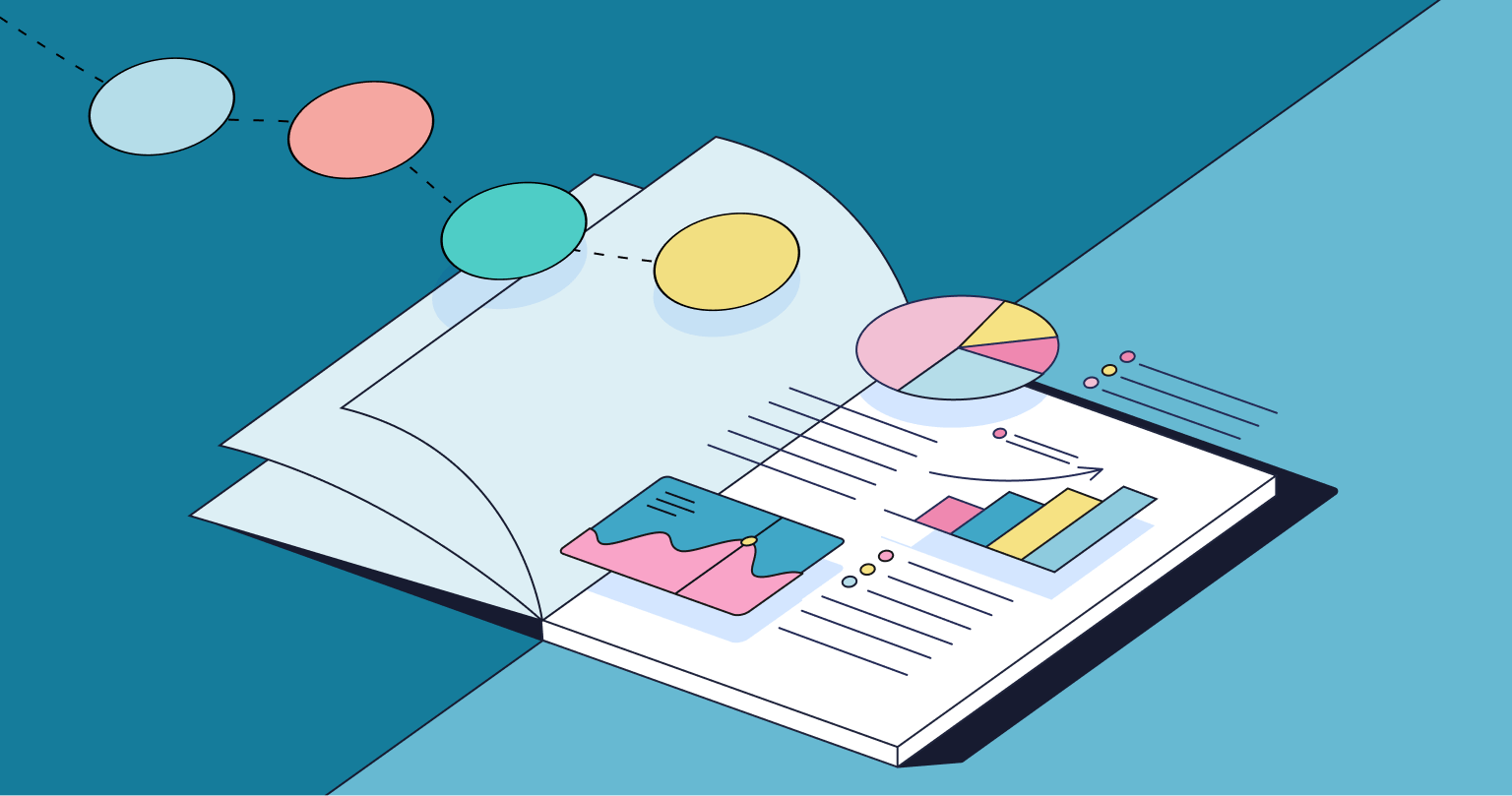
Views: 153
How To Start Budgeting
Executive Summary

In this article, we will discuss the importance of budgeting and provide practical tips on how to start budgeting effectively. Budgeting is a crucial aspect of financial management that can help individuals achieve their financial goals and secure their future. By following the steps outlined in this guide, you will be able to take control of your finances and make informed decisions about your money.
Introduction
Budgeting is the process of creating a plan for how you will spend your money. It involves setting financial goals, tracking your income and expenses, and making adjustments to ensure that you are living within your means. Many people find budgeting intimidating or overwhelming, but with the right approach, it can be a powerful tool for achieving financial stability and success.
FAQ
What is the importance of budgeting?
Budgeting is important because it helps you understand where your money is going, identify areas where you can cut back, and prioritize your spending to align with your financial goals. It also allows you to save for emergencies, invest for the future, and avoid debt.
How do I create a budget?
To create a budget, start by calculating your total monthly income and listing all of your expenses. Then, categorize your expenses as fixed (e.g., rent, utilities) or variable (e.g., groceries, entertainment). Allocate a portion of your income to each category, making sure to set aside money for savings and debt repayment.
What are some common budgeting mistakes to avoid?
Common budgeting mistakes include underestimating expenses, not tracking spending, failing to adjust your budget as needed, and neglecting to save for unexpected costs. It’s important to regularly review your budget and make changes as necessary to stay on track.
Top 5 Subtopics
Setting Financial Goals
Setting financial goals is the first step in creating a budget. Without clear goals, it can be challenging to stay motivated and focused on saving money. Here are some important pieces of advice for setting financial goals:
- Be Specific: Clearly define what you want to achieve, whether it’s saving for a vacation, buying a home, or retiring early.
- Set Deadlines: Establish realistic timelines for reaching your goals to help keep you accountable.
- Prioritize Goals: Determine which goals are most important to you and focus on those first.
- Track Progress: Regularly monitor your progress towards your goals and make adjustments as needed.
Tracking Income and Expenses
Tracking your income and expenses is essential for creating an accurate budget. This process allows you to see where your money is going and identify areas where you can cut back. Here are some key points to consider when tracking your income and expenses:
- Use a Budgeting App: Utilize technology to make tracking your finances easier and more convenient.
- Keep Receipts: Save receipts for all purchases to ensure you capture every expense.
- Review Regularly: Take time each week to review your spending and make adjustments to stay on track.
- Identify Patterns: Look for trends in your spending habits to pinpoint areas where you can save money.
Creating a Spending Plan
A spending plan outlines how you will allocate your money each month. It helps you prioritize your spending and ensure that you have enough money to cover essential expenses. Here are some tips for creating a spending plan:
- Start with Essentials: Allocate money for fixed expenses like rent, utilities, and groceries first.
- Budget for Savings: Set aside a portion of your income for savings and investments.
- Plan for Fun: Include a category for discretionary spending on things like dining out or entertainment.
- Be Flexible: Allow for some flexibility in your spending plan to account for unexpected expenses.
Building an Emergency Fund
An emergency fund is a crucial component of any budget. It provides a financial safety net in case of unexpected expenses or income loss. Here are some key considerations for building an emergency fund:
- Set a Target: Aim to save three to six months’ worth of living expenses in your emergency fund.
- Automate Savings: Set up automatic transfers to your emergency fund to ensure consistent contributions.
- Use High-Interest Accounts: Consider storing your emergency fund in a high-interest savings account to maximize growth.
- Only Use for Emergencies: Reserve your emergency fund for true emergencies, like medical bills or car repairs.
Managing Debt
Debt can be a significant obstacle to financial success, so it’s essential to include a plan for debt repayment in your budget. Here are some strategies for managing debt effectively:
- List All Debts: Make a list of all your debts, including balances, interest rates, and minimum payments.
- Prioritize High-Interest Debt: Focus on paying off high-interest debt first to save money on interest charges.
- Consider Consolidation: Explore debt consolidation options to simplify your payments and potentially lower your interest rates.
- Seek Professional Help: If you’re struggling to manage your debt, consider speaking with a financial advisor or credit counselor for guidance.
Conclusion
Starting a budget can seem daunting, but with the right approach, anyone can take control of their finances and work towards their financial goals. By setting clear goals, tracking income and expenses, creating a spending plan, building an emergency fund, and managing debt, you can establish a solid financial foundation for the future.
Keyword Tags
budgeting, financial goals, tracking expenses, spending plan, emergency fund, managing debt




